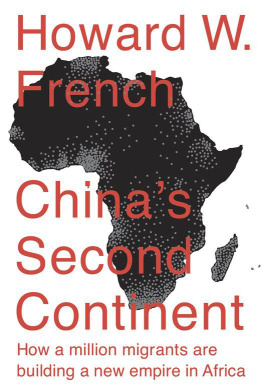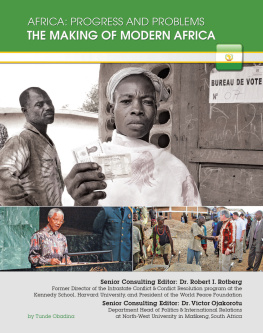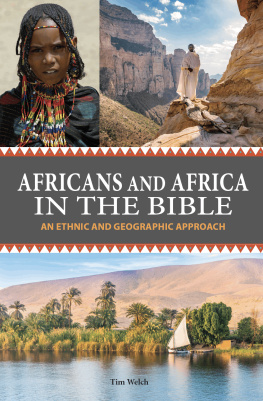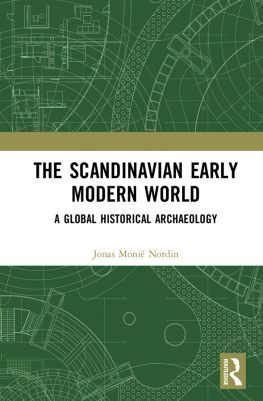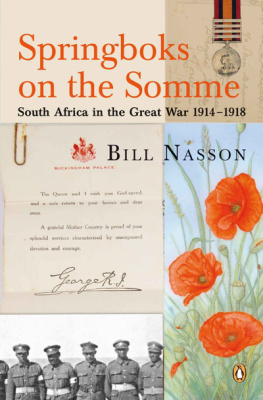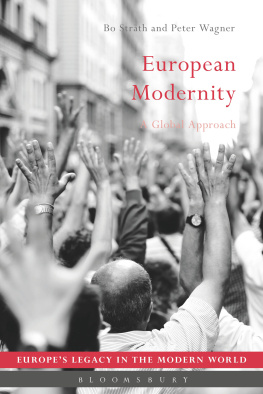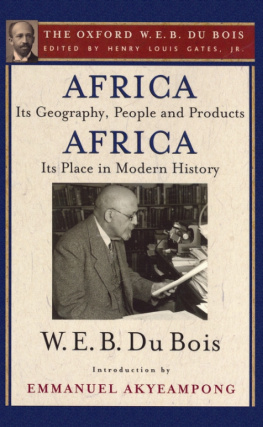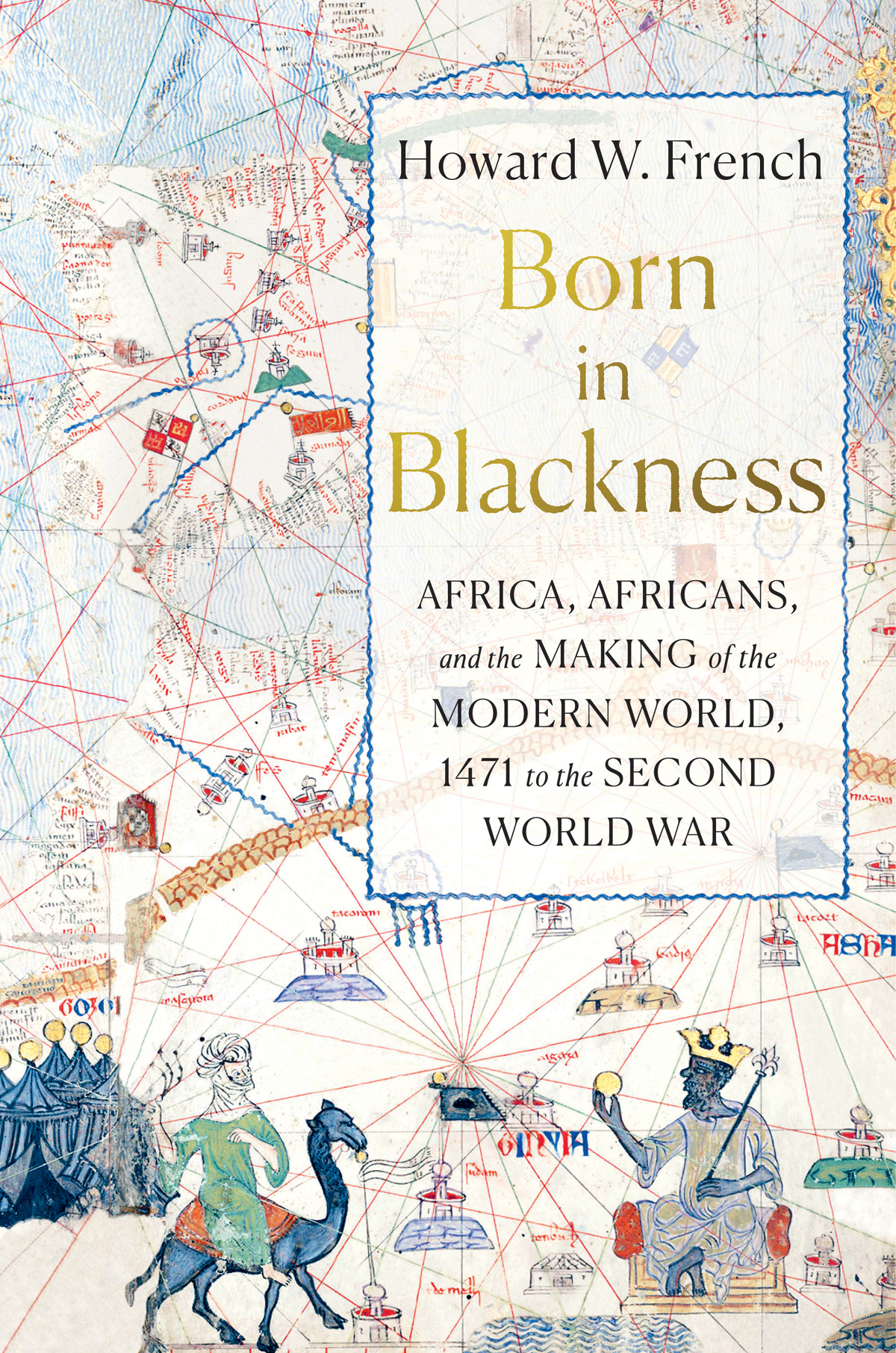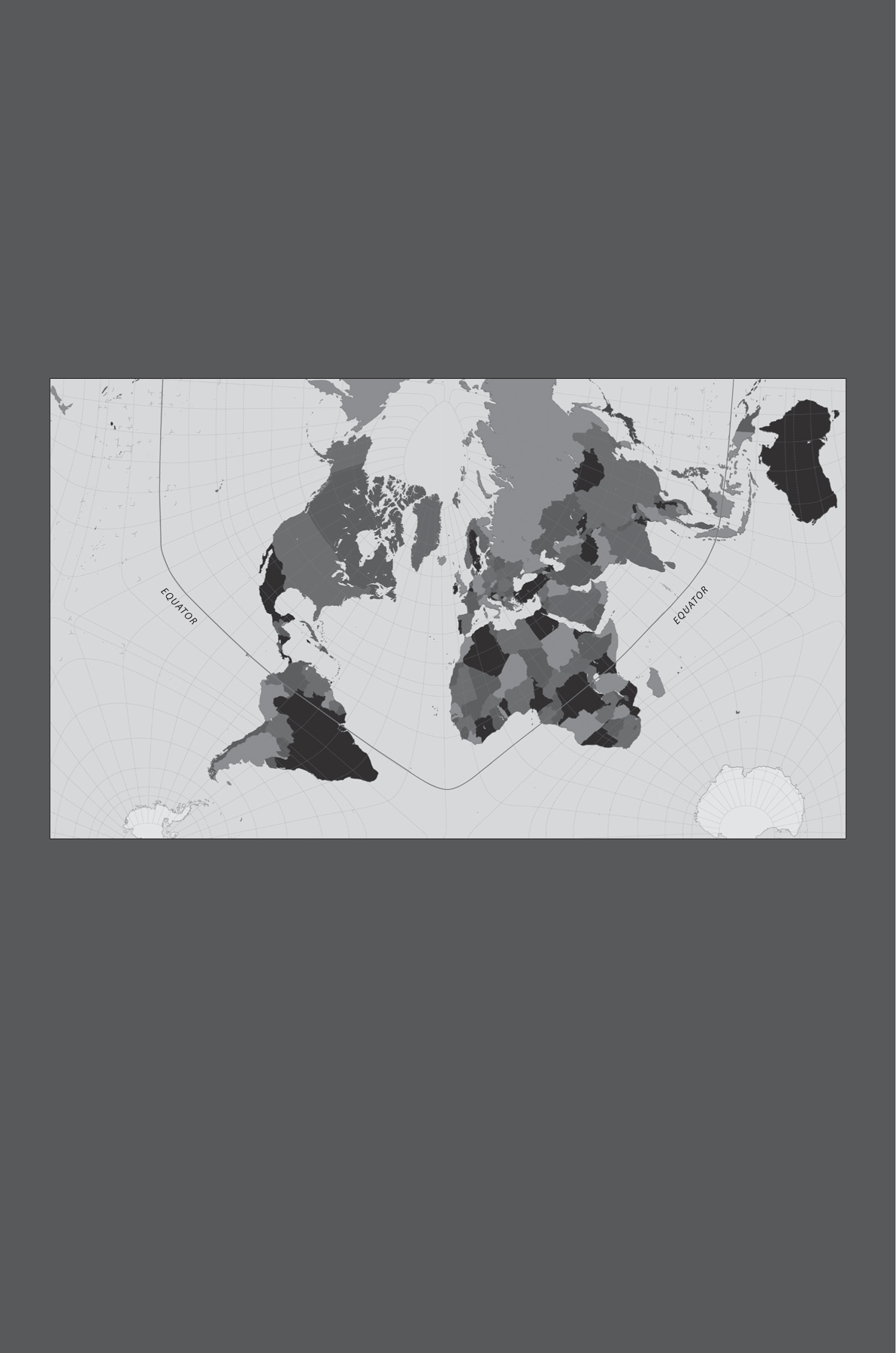Howard W. French - Born in Blackness: Africa, Africans, and the Making of the Modern World, 1471 to the Second World War
Here you can read online Howard W. French - Born in Blackness: Africa, Africans, and the Making of the Modern World, 1471 to the Second World War full text of the book (entire story) in english for free. Download pdf and epub, get meaning, cover and reviews about this ebook. year: 2021, publisher: Liveright, genre: Romance novel. Description of the work, (preface) as well as reviews are available. Best literature library LitArk.com created for fans of good reading and offers a wide selection of genres:
Romance novel
Science fiction
Adventure
Detective
Science
History
Home and family
Prose
Art
Politics
Computer
Non-fiction
Religion
Business
Children
Humor
Choose a favorite category and find really read worthwhile books. Enjoy immersion in the world of imagination, feel the emotions of the characters or learn something new for yourself, make an fascinating discovery.

- Book:Born in Blackness: Africa, Africans, and the Making of the Modern World, 1471 to the Second World War
- Author:
- Publisher:Liveright
- Genre:
- Year:2021
- Rating:5 / 5
- Favourites:Add to favourites
- Your mark:
Born in Blackness: Africa, Africans, and the Making of the Modern World, 1471 to the Second World War: summary, description and annotation
We offer to read an annotation, description, summary or preface (depends on what the author of the book "Born in Blackness: Africa, Africans, and the Making of the Modern World, 1471 to the Second World War" wrote himself). If you haven't found the necessary information about the book — write in the comments, we will try to find it.
Revealing the central yet intentionally obliterated role of Africa in the creation of modernity, Born in Blackness vitally reframes our understanding of world history.
Traditional accounts of the making of the modern world afford a place of primacy to European history. Some credit the fifteenth-century Age of Discovery and the maritime connection it established between West and East; others the accidental unearthing of the New World. Still others point to the development of the scientific method, or the spread of Judeo-Christian beliefs; and so on, ad infinitum. The history of Africa, by contrast, has long been relegated to the remote outskirts of our global story. What if, instead, we put Africa and Africans at the very center of our thinking about the origins of modernity?
In a sweeping narrative spanning more than six centuries, Howard W. French does just that, for Born in Blackness vitally reframes the story of medieval and emerging Africa, demonstrating how the economic ascendancy of Europe, the anchoring of democracy in the West, and the fulfillment of so-called Enlightenment ideals all grew out of Europes dehumanizing engagement with the dark continent. In fact, French reveals, the first impetus for the Age of Discovery was notas we are so often told, even todayEuropes yearning for ties with Asia, but rather its centuries-old desire to forge a trade in gold with legendarily rich Black societies sequestered away in the heart of West Africa.
Creating a historical narrative that begins with the commencement of commercial relations between Portugal and Africa in the fifteenth century and ends with the onset of World War II, Born in Blackness interweaves precise historical detail with poignant, personal reportage. In so doing, it dramatically retrieves the lives of major African historical figures, from the unimaginably rich medieval emperors who traded with the Near East and beyond, to the Kongo sovereigns who heroically battled seventeenth-century European powers, to the ex-slaves who liberated Haitians from bondage and profoundly altered the course of American history.
While French cogently demonstrates the centrality of Africa to the rise of the modern world, Born in Blackness becomes, at the same time, a far more significant narrative, one that reveals a long-concealed history of trivialization and, more often, elision in depictions of African history throughout the last five hundred years. As French shows, the achievements of sovereign African nations and their now-far-flung peoples have time and again been etiolated and deliberately erased from modern history. As the West ascended, their storiessiloed and piecemealwere swept into secluded corners, thus setting the stage for the hagiographic rise of the West theories that have endured to this day.
Capacious and compelling (Laurent Dubois), Born in Blackness is epic history on the grand scale. In the lofty tradition of bold, revisionist narratives, it reframes the story of gold and tobacco, sugar and cottonand of the greatest commodity of them all, the twelve million people who were brought in chains from Africa to the New World, whose reclaimed lives shed a harsh light on our present world.
20 illustrations; 4 mapsHoward W. French: author's other books
Who wrote Born in Blackness: Africa, Africans, and the Making of the Modern World, 1471 to the Second World War? Find out the surname, the name of the author of the book and a list of all author's works by series.

